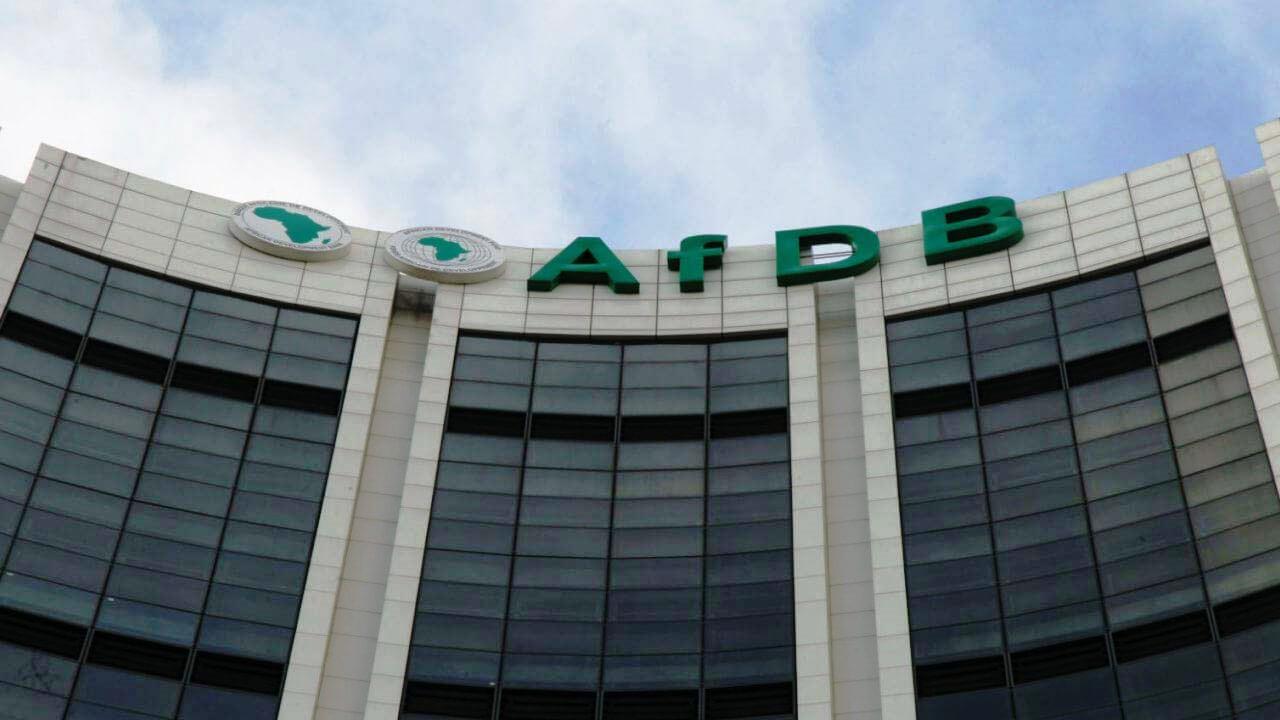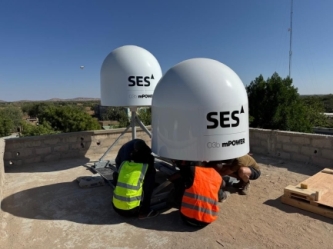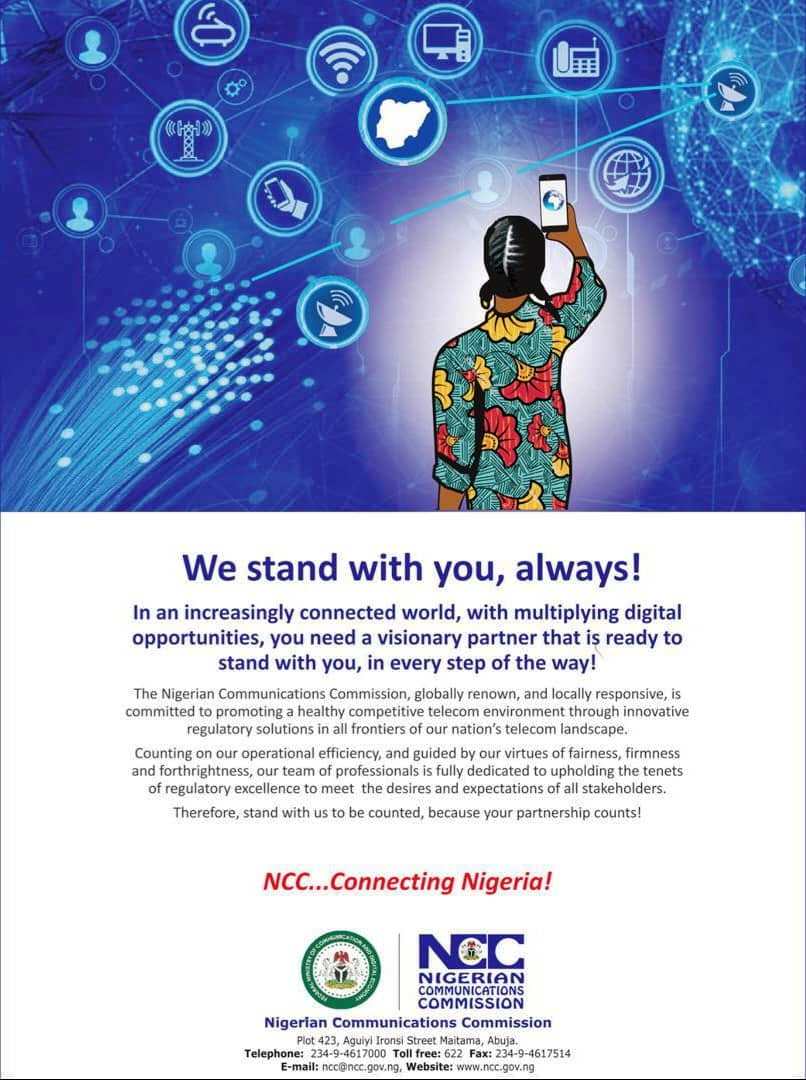Global CPaaS leaders unite under MEF to launch anti-fraud framework for A2P messaging sustainability.
The Mobile Ecosystem Forum (MEF) has announced a landmark Memorandum of Understanding (MoU) to combat business messaging fraud. This is the outcome of an executive exchange workshop it hosted for leading CPaaS (Communications Platform as a Service) providers. CPaaS leaders agreed to develop a unified global strategy against fraud in business messaging.
RELATED: CPaaS market to reach $29B globally by 2025, with growth driven by SME sector
This first-of-its-kind initiative brought together C-level executives from across the global CPaaS ecosystem under MEF’s neutral governance. These leaders will establish the foundation for a collaborative framework aimed at safeguarding the integrity and sustainability of A2P (Application-to-Person) SMS communications.
Fraud: A Growing Threat to Messaging Integrity
Fraud in the A2P messaging ecosystem continues to undermine trust, inflate costs, and erode confidence among brands and consumers. Known incidences of fraud range from smishing, spoofing, and Artificially Inflated Traffic (AIT) to phishing scams.
Growing regulatory pressure on telecom and financial services is exposing a critical flaw: the messaging ecosystem remains dangerously fragmented with too many intermediaries. Industry leaders now agree this structural vulnerability demands a unified, collaborative response.
MEF’s Collective Response: A Framework for Collaboration
In response to this growing challenge, MEF’s initiative is fostering open collaboration and information sharing among top CPaaS providers. MEF is urging providers to build an industry-wide anti-fraud strategy.
Initial signatories to the MoU include Bandwidth, Infobip, Sinch, Comviva, MMD Smart, Haud, and RD Communications. Others are Aviso Messaging, KOMPaaS Tech, Telesystems, and Lanck Telecom, with additional partners expected to join soon.
Together, these organizations are defining shared principles and developing tools to protect enterprises, consumers, and operators from evolving fraud tactics.
The Rome Executive Exchange: A Turning Point
The MEF Executive Exchange, held in Rome, marked the official launch of this initiative and laid the groundwork for the MEF Anti-Fraud in Messaging Charter — a comprehensive roadmap that will guide the industry’s coordinated efforts in the months ahead.
The upcoming Charter will be structured around five key strategic accords:
- Data Sharing – Enabling trusted, privacy-safe exchange of fraud intelligence.
- Anti-AIT (Artificially Inflated Traffic) – Promoting transparency and active prevention of traffic manipulation.
- P2P SMS Protection – Combating spam, phishing, and unauthorized use.
- A2P SMS Protection – Strengthening safeguards against sender ID spoofing and fraud.
- Identity Verification – Establishing baseline standards for trust and accountability across the ecosystem.
From Principles to Practice
While MEF has long provided best practice guidance for the messaging industry, this new anti-fraud framework represents a shift from advisory principles to enforceable action.
It introduces shared accountability, standardized reporting, and cross-industry data collaboration to make A2P messaging both secure and sustainable.
“The A2P messaging ecosystem is under considerable strain,” said Dario Betti, CEO of MEF. “We’ve reached a point where isolated action is no longer enough. The Rome session represents a turning point — the industry’s first unified step toward a trusted and sustainable messaging future.”
Toward a Safer, More Transparent Messaging Industry
The MEF Anti-Fraud in Messaging Charter is set to become a global benchmark for transparency, security, and integrity in the CPaaS and A2P SMS industries.
By aligning global players around a common code of conduct, MEF aims to restore trust and sustainability in enterprise communications — paving the way for a more secure digital ecosystem worldwide.
































